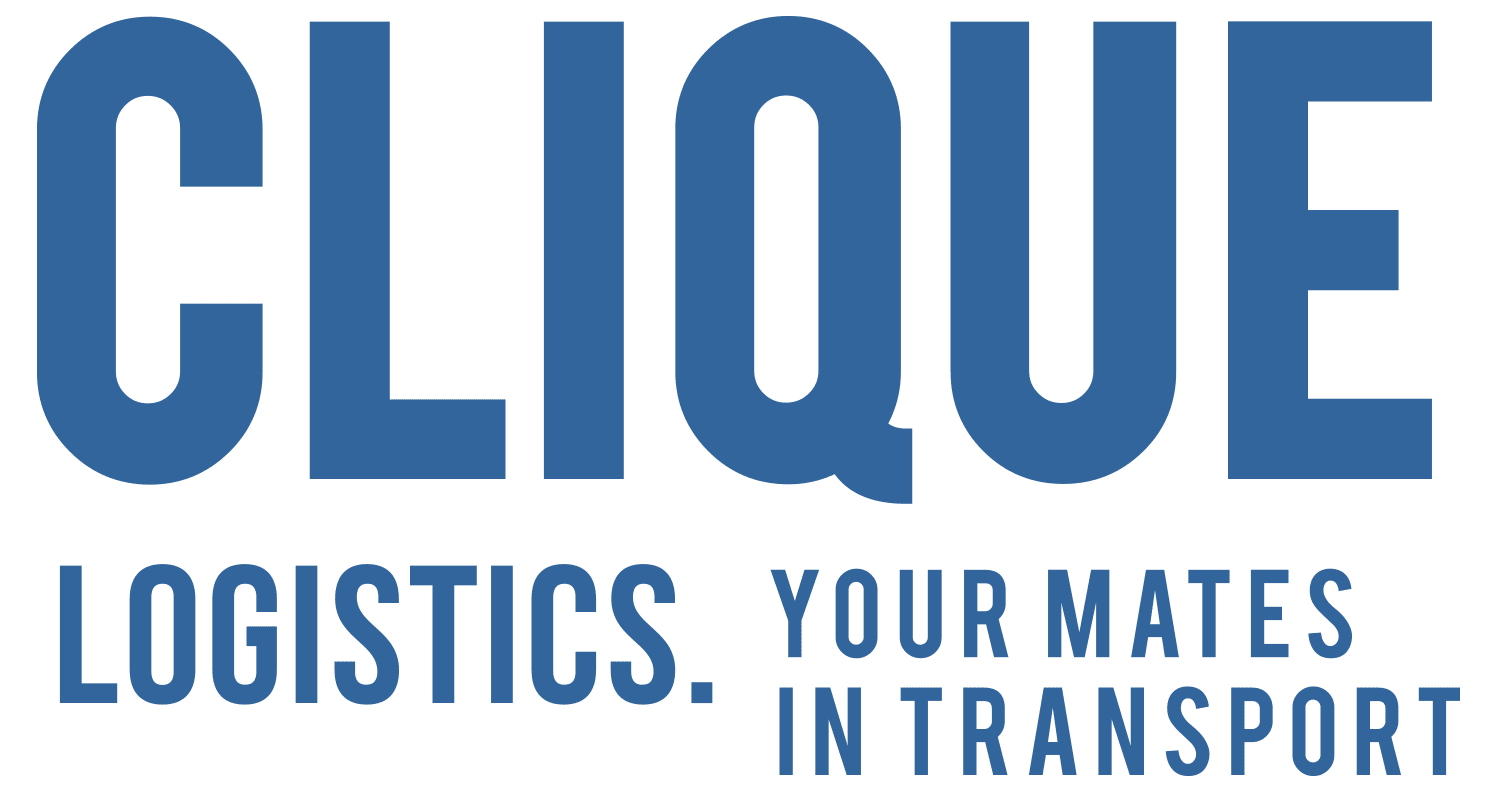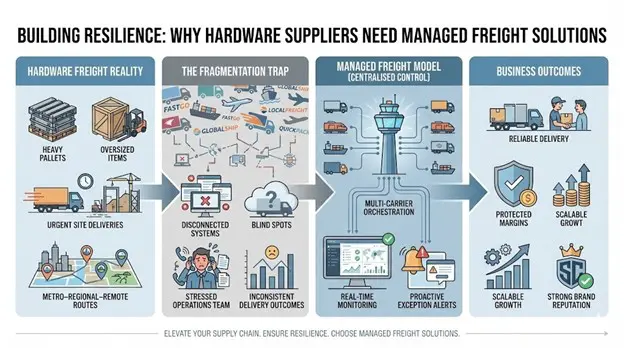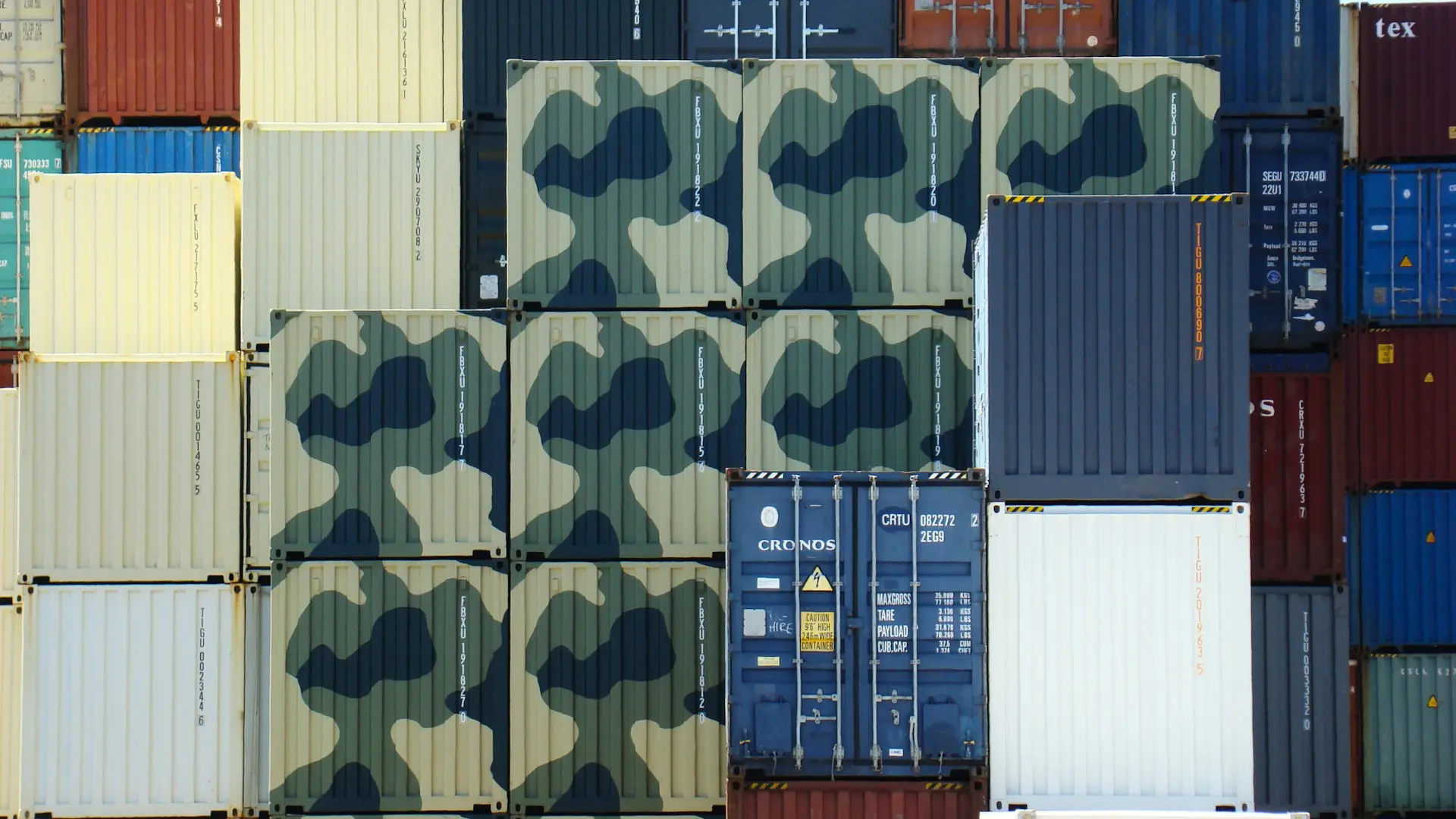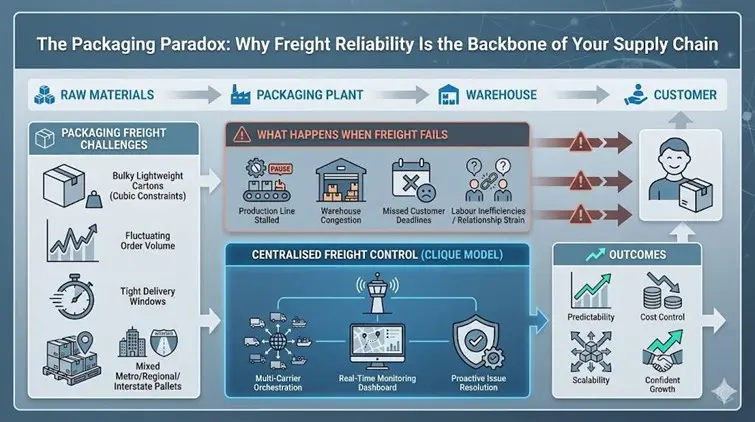In the world of logistics, price often takes centre stage when choosing a freight provider. But what if focusing solely on cost is actually costing your business more in the long run? Cheap freight might save you a few dollars upfront, but the hidden expenses of unreliable logistics can quietly erode your bottom line and damage your reputation.
Let’s break down the hidden costs behind cut-rate logistics and why prioritising value over price is a smarter business move.
1. The Cost of Delays and Missed Deadlines
When choosing a low-cost carrier, you may unknowingly be accepting a higher risk of delays. Budget providers often lack the robust infrastructure or technology to handle unforeseen disruptions, leaving shipments vulnerable to missed deadlines. Every delayed delivery has a ripple effect:
- Customer dissatisfaction: Late deliveries can damage trust, resulting in lost sales and future business.
- Production halts: Delays in receiving critical components can halt production lines, leading to costly downtime.
- Penalty fees: Some contracts impose financial penalties for missing delivery windows.
What might seem like a cost-saving decision can quickly spiral into an expensive problem.
2. Increased Damage and Loss Rates
Cutting costs often means cutting corners on handling and security. Cheaper carriers may not invest in proper training, equipment, or safety measures, increasing the risk of damaged or lost goods. Beyond the immediate loss, these incidents lead to:
- Replacement costs: Damaged goods need to be repaired or replaced.
- Insurance claims: Frequent claims can drive up premiums.
- Reputation damage: A pattern of damaged deliveries can tarnish your brand.
Paying slightly more for a trusted logistics partner means fewer headaches and better product integrity.
3. Lack of Communication and Visibility
Cheaper freight providers often fall short when it comes to communication and shipment tracking. Without real-time visibility, you’re left in the dark, unable to proactively manage disruptions. Poor communication results in:
- Increased administrative work: Your team spends more time chasing updates.
- Customer frustration: A lack of clarity means unhappy customers.
- Missed opportunities for course correction: Without transparency, small issues become big problems.
A partner that prioritises transparency offers proactive updates and solutions, helping you stay ahead of potential disruptions.
4. Administrative Overload
Working with unreliable carriers often means more administrative work for your team. From tracking down lost shipments to managing disputes, time spent fixing mistakes is time taken away from core business operations. The more unreliable the carrier, the more time you spend in damage control.
Investing in a reliable partner with streamlined processes can significantly reduce this administrative burden.
5. The Long-Term Impact on Customer Relationships
Perhaps the most damaging hidden cost is the effect cheap freight can have on customer relationships. Late deliveries, damaged goods, and poor communication erode trust over time. Customers expect reliability, and when your logistics provider fails, it’s your reputation on the line.
Losing customers due to unreliable service is far more expensive than investing in a logistics partner who gets it right the first time.
Conclusion
Choosing the cheapest option in logistics often leads to higher long-term costs—whether through delays, damages, administrative headaches, or lost customers. The true measure of a logistics partner lies not in their price tag but in their ability to deliver consistent, reliable service.
A provider that prioritises transparency, proactive communication, and continuous improvement doesn’t just move freight; they safeguard your business reputation and ensure long-term success.




